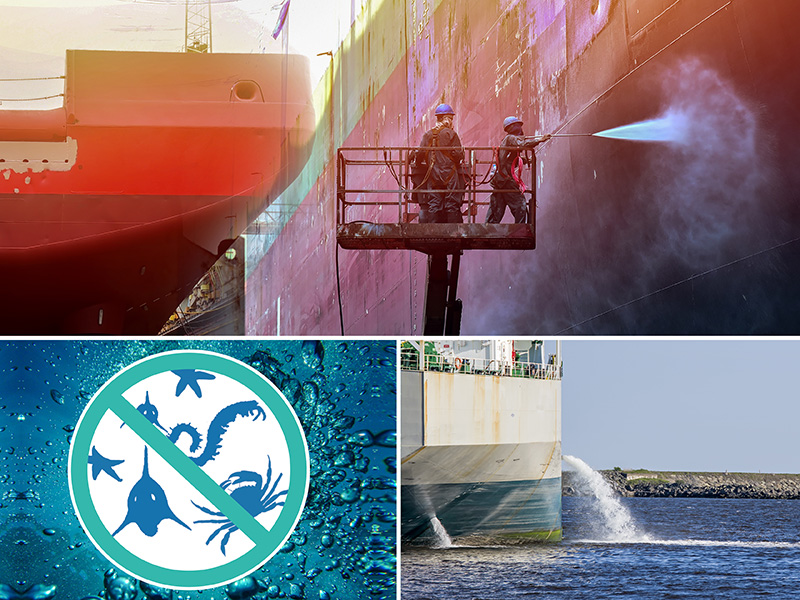IMO contributes to the protection of biodiversity through its Ballast Water Management (BWM) Convention, which requires ships to manage their ballast water to limit the spread of potentially invasive aquatic organisms. Work on the experience-building phase of the BWM Convention (EBP) was highlighted at the annual meeting (6-8 March) of the joint International Council for the Exploration of the Sea (ICES), Intergovernmental Oceanographic Commission of UNESCO (IOC) and IMO (ICES/IOC/IMO) Working Group on Ballast and Other Ship Vectors, which was held in Weymouth, United Kingdom. The group provides scientific support to the development of international measures aimed at reducing the risk of transporting non-native species via shipping activities.
The experience-building phase involves data gathering and analysis and the group discussed sampling and analysis work conducted by its members that could be submitted to the EBP. The group also discussed standard operating procedures (SOPs) for collection of treated ballast water samples, which were developed by the group and agreed by IMO’s Sub-Committee on Pollution Prevention and Response (PPR) to be included in the data gathering and analysis plan for the EBP. Moreover, the group highlighted progress in the development of a standard for ballast water monitoring equipment, which is expected to be further discussed by IMO’s Marine Environment Protection Committee (MEPC).
IMO’s Biofouling Guidelines also address bioinvasions via ships’ hulls and contribute to protecting the ocean environment. The group discussed the review of the Biofouling Guidelines, which is to be undertaken by the PPR Sub-Committee. The group will input its views into this work. The review of the guidelines comes as IMO begins to implement a global project to build capacity in developing countries for improved implementation of biofouling management. The GEF-UNDP-IMO GloFouling Partnerships Project was launched in 2018.
